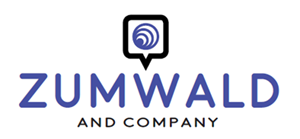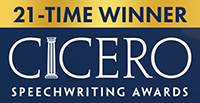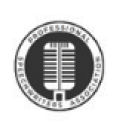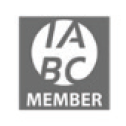Public speaking help: 2 reasons why you may be speaking too fast
Most people don’t realize how fast they’re speaking unless someone else brings it to their attention.
This is a problem because when people can’t keep up, they tune out.
Here are two reasons why you may be speaking too fast.

1 – You’re not thrilled with your content.
If you lack confidence in and passion about your topic, you may be rushing to “get through” the speech because you want to get it over with quickly.
If that’s the case, here’s some public speaking help: Be honest with yourself, and go back to the drawing board.
- Have you thought long and hard about your audience and what they want and need to hear?
- Is your research appropriate? Do your stories have a point?
- Have you nailed your main message?
Or, if you’re talking too fast, you simply may be trying to say too much, and you’ll need to cut ruthlessly.
- If you have two examples, will one do?
- Are you over-explaining?
- Have you said the same thing twice, just in a different way?
If poor content is the reason you’re speaking too fast, make the time to improve it so you can overcome your public speaking jitters.
 2 – You haven’t spent enough time rehearsing.
2 – You haven’t spent enough time rehearsing.
Most people I know don’t spend near enough time rehearsing their material (a once-over or twice-over just doesn’t cut it, and they need some public speaking help).
The more you practice, the more confident you will become when you speak in public.
If you are speaking too fast, here are three fixes you can apply:
To start, take one or two deep cleansing breaths.
Then take real breaths throughout. Because when you take a moment to breathe, you pause. And when you pause, you automatically exude confidence and give your audience much needed time to ponder what you just said.
Use deliberate gestures and eye contact to help you speak more slowly and with intention.
Gestures and eye contact help make every word count.
Pay attention to two or more adjacent words that come out sounding like a single word, and words that start or end with B, D, P or T.
If you tend to drop word endings, practice articulating any troublesome words.
If a phrase makes you stumble, recast it.
(Example: In a recent speech, instead of saying “bestselling author Arthur Brooks,” which was nearly impossible to say, I made this simple fix – “bestselling author Mr. Arthur Brooks” – and avoided the “author Arthur” tongue twister.)
Remember: Your audience only gets one chance to hear what you’ve said, so make sure they actually hear it.

















